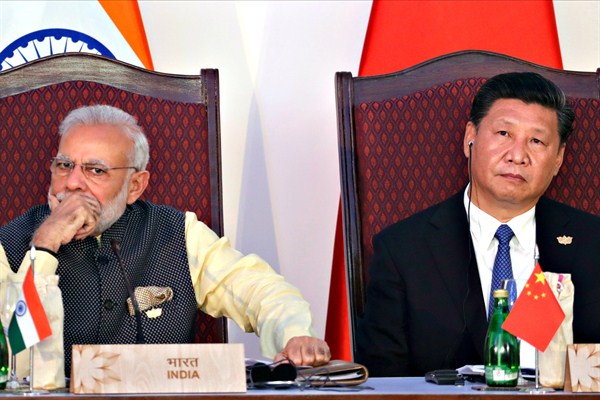The border standoff between Indian and Chinese troops on the remote Doklam area in the Himalayas is approaching the two-month mark with no end in sight. Simultaneously egged on and hemmed in by nationalistic fervor at home, neither government can afford to back down, making escalation a real risk. India’s national security adviser, Ajit Doval, met with China’s state councilor, Yang Jiechi, and President Xi Jinping at the end of July, but the two sides failed to reach an agreement to quell the border row.
The most serious dispute between India and China in decades, the standoff at Doklam represents a shift in ties between Asia’s two primary powers, with India acting more forcefully to counter Chinese influence and activities in South Asia. New Delhi’s bold decision to confront Chinese troops at Doklam—an area near India’s so-called tri-border with China and Bhutan—surprised and angered Beijing. While India may have succeeded in standing up to China in the short run, the endgame remains unclear and fraught with danger. Even if a peaceful resolution is achieved quickly, the China-India relationship, complicated under the best of circumstances, has entered a new, tenser stage.
New Delhi’s actions are noteworthy—and this standoff unlike previous border incidents between India and China—because India does not actually have a direct claim to Doklam, which is instead territory claimed by both China and Bhutan. On June 16, Chinese engineers started building a road in Doklam. Two days later, on Bhutan’s behalf, Indian troops crossed India’s border to stop the construction work. Around 300 troops from India and China have been facing off since. China has demanded that Indian troops withdraw first, while India has called for joint withdrawal.

